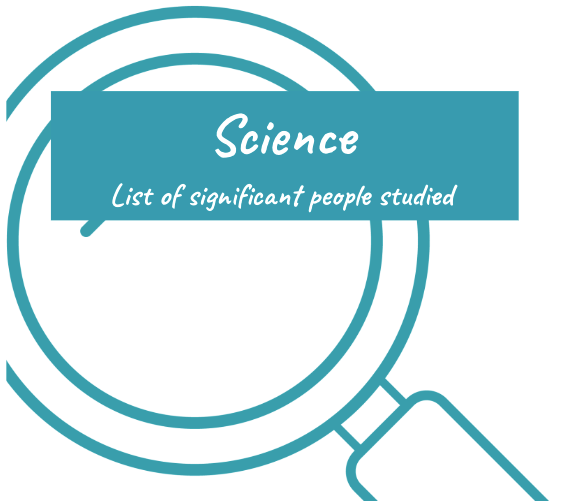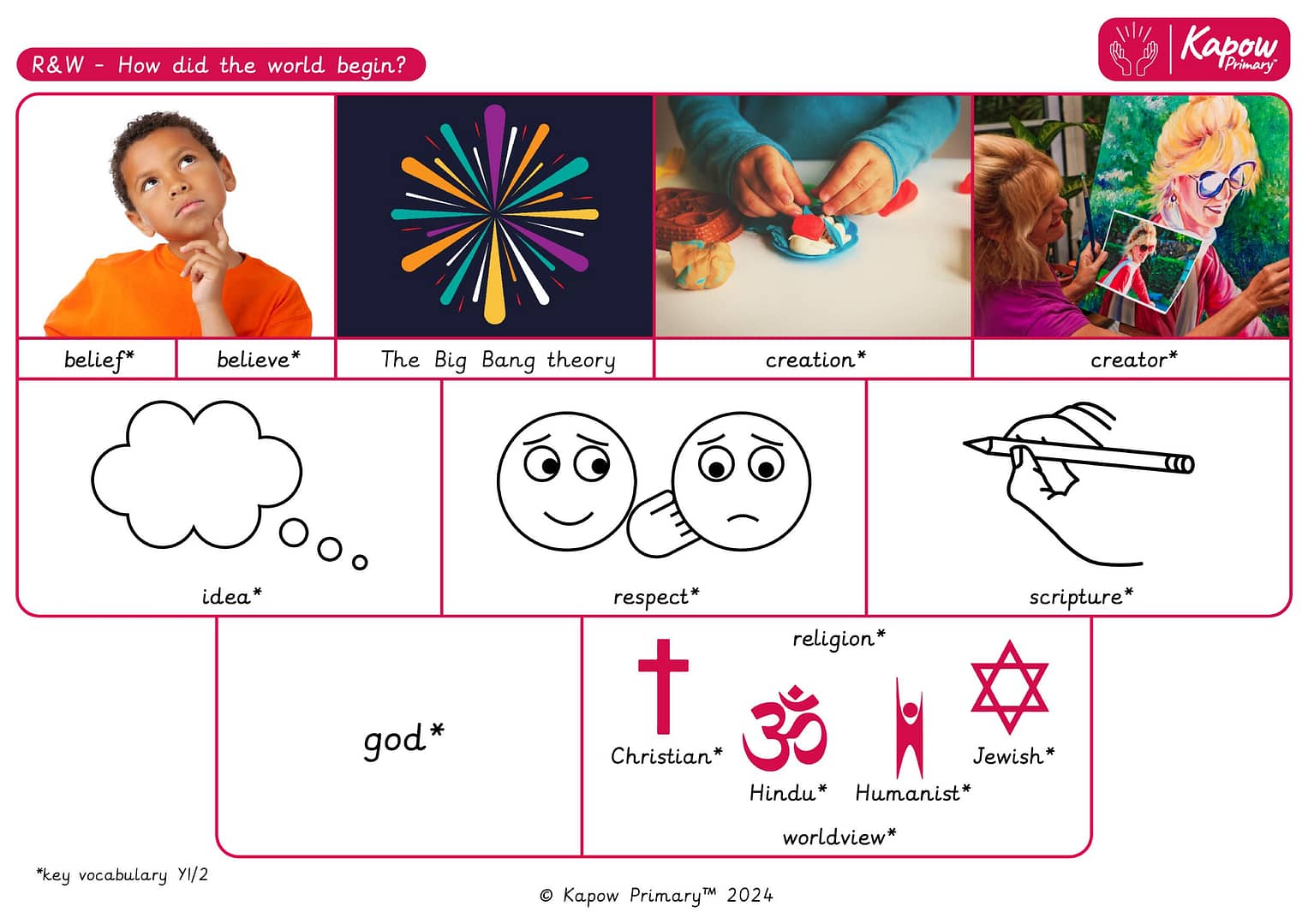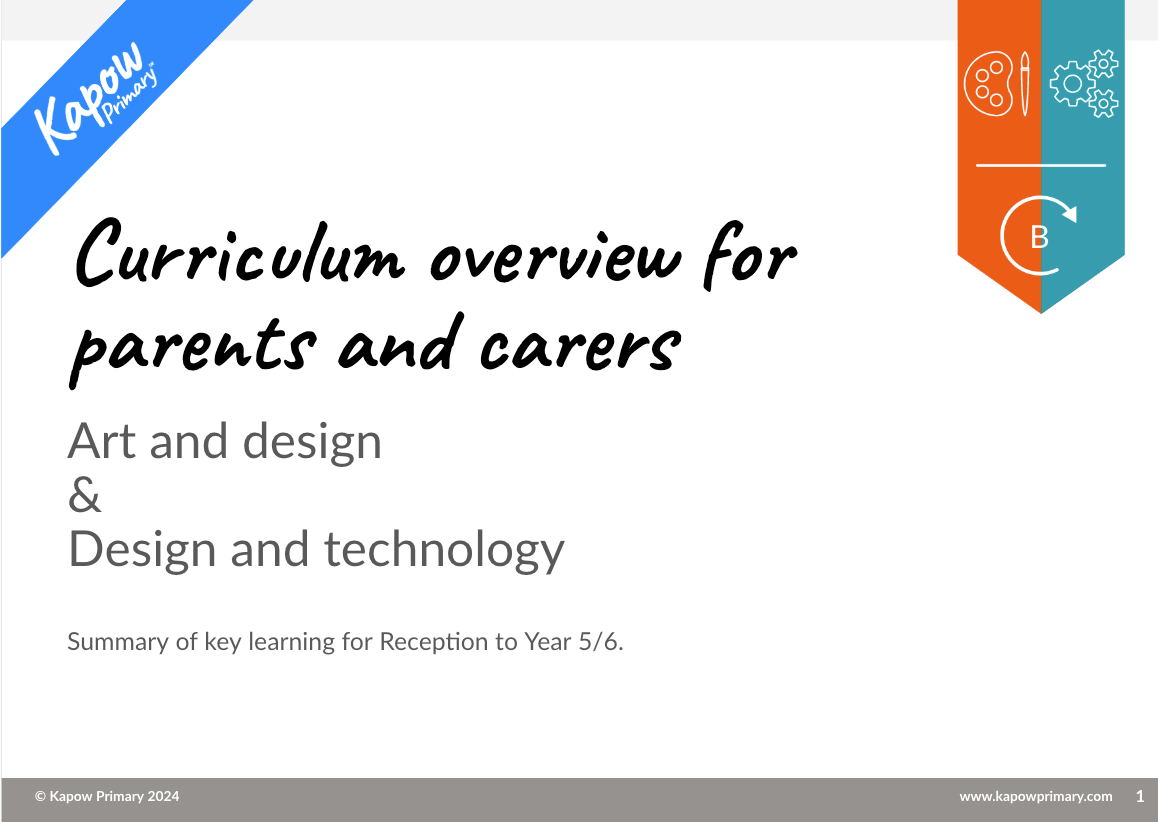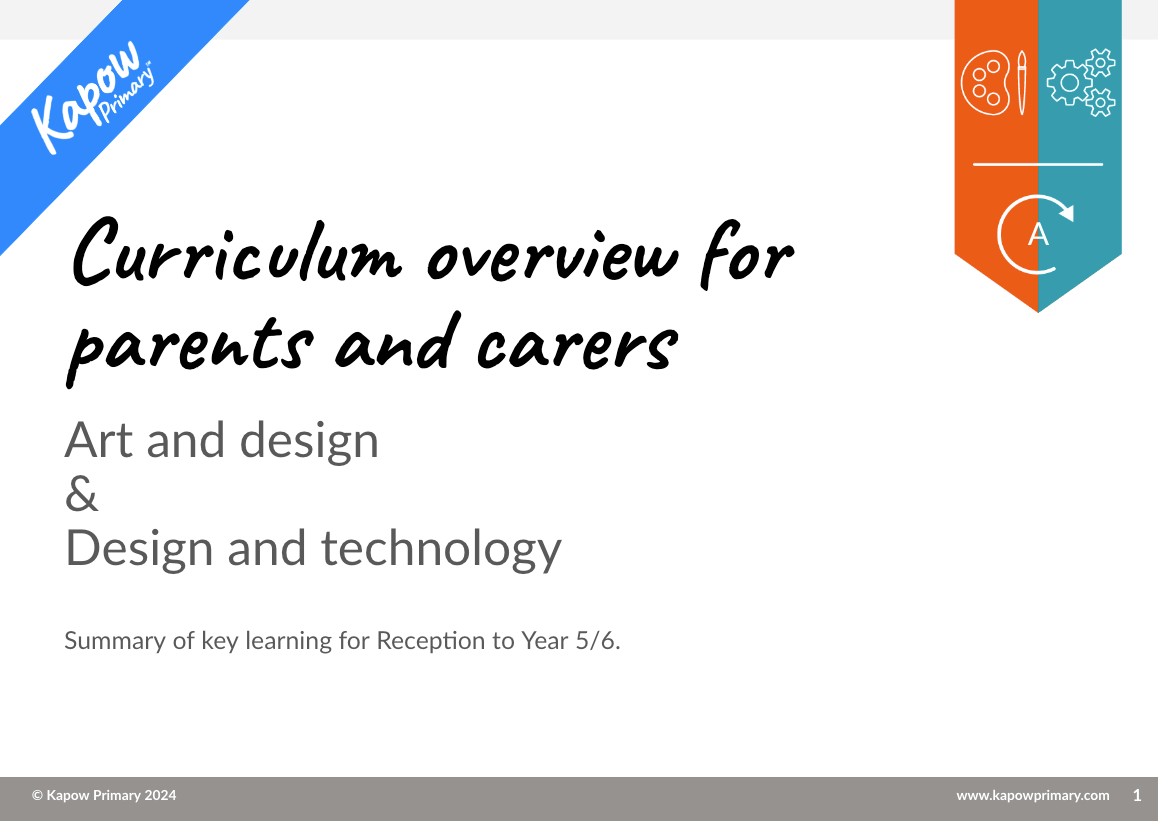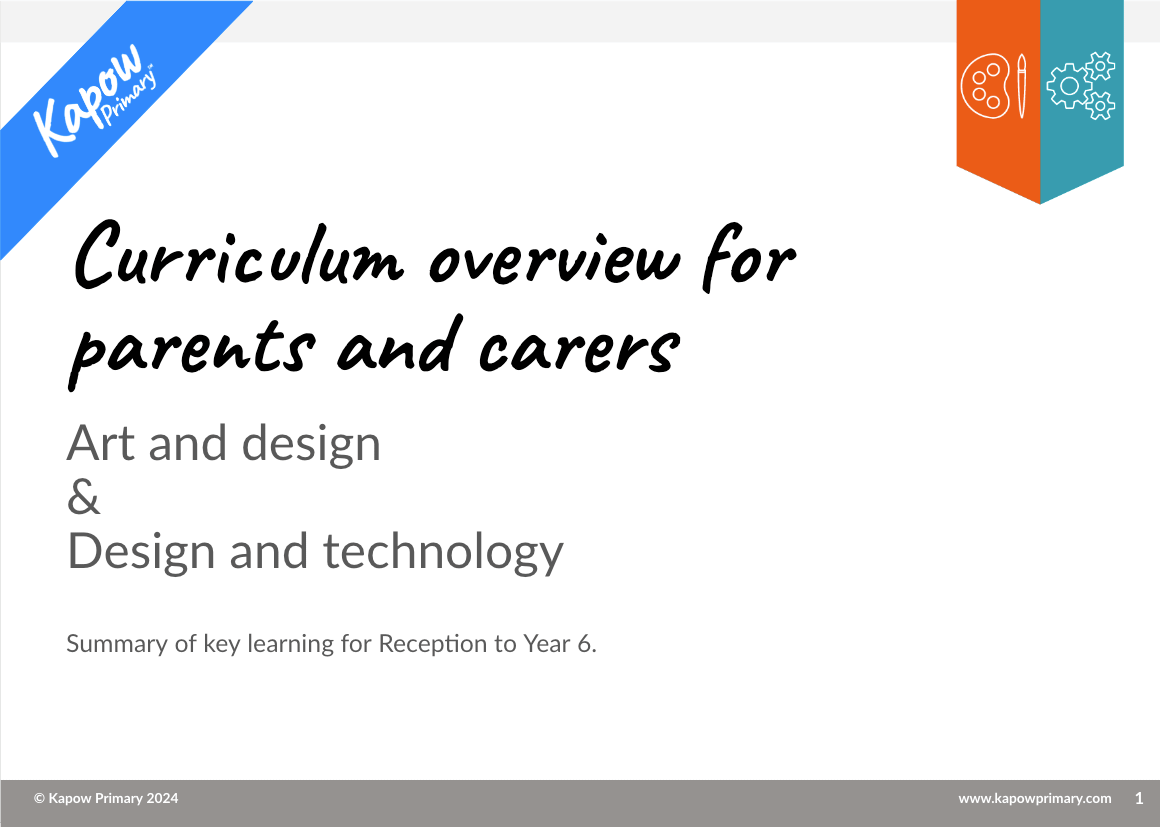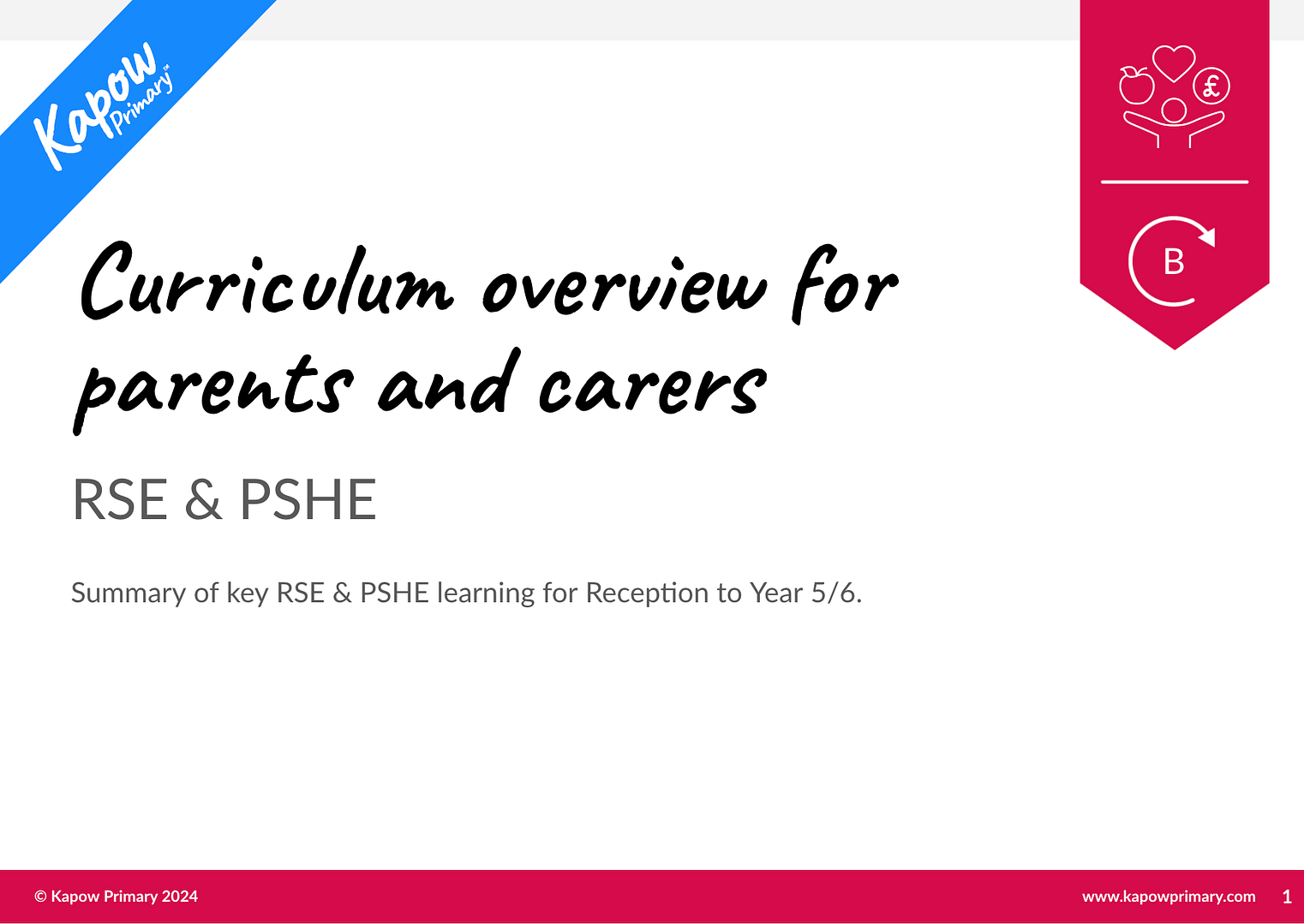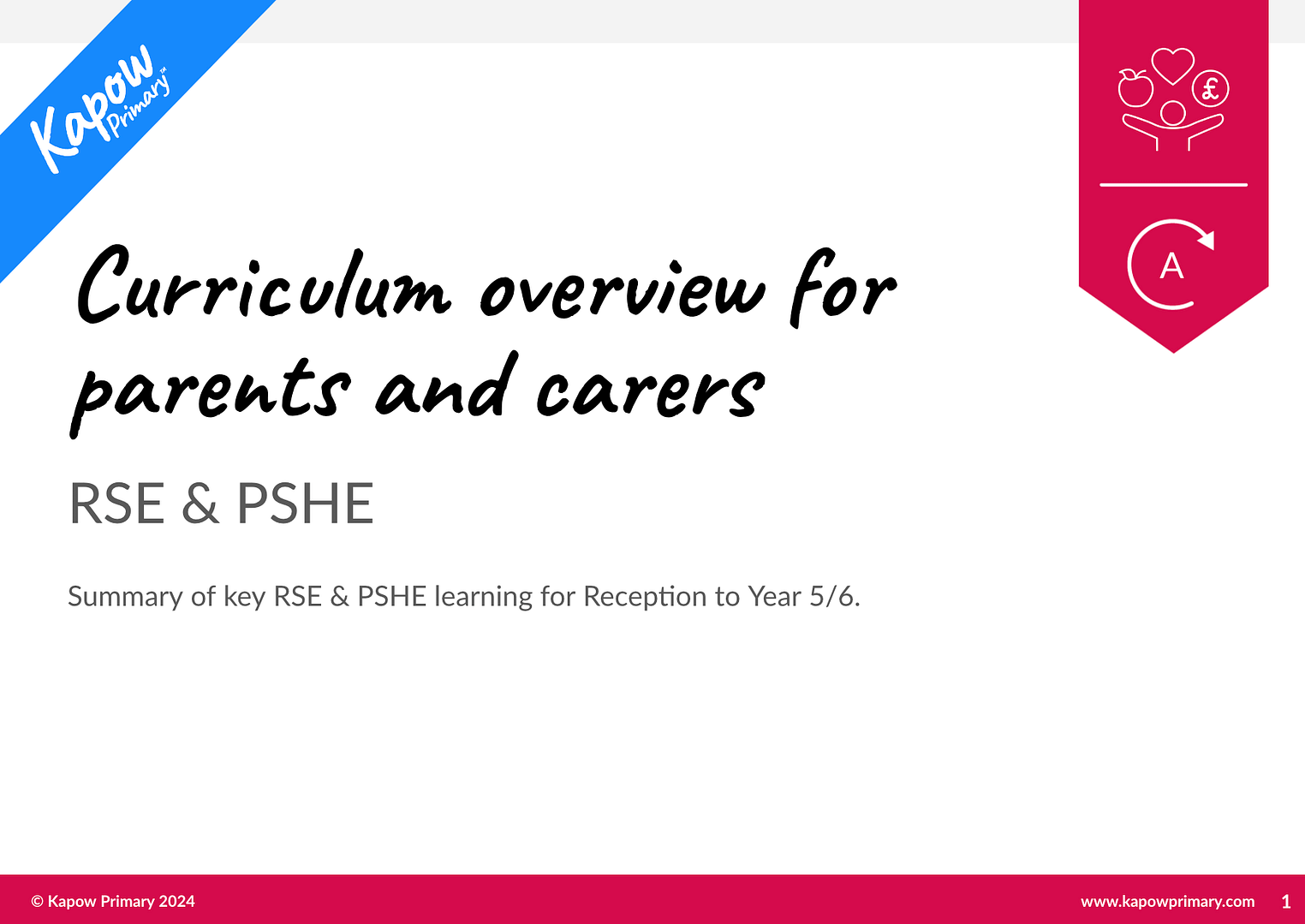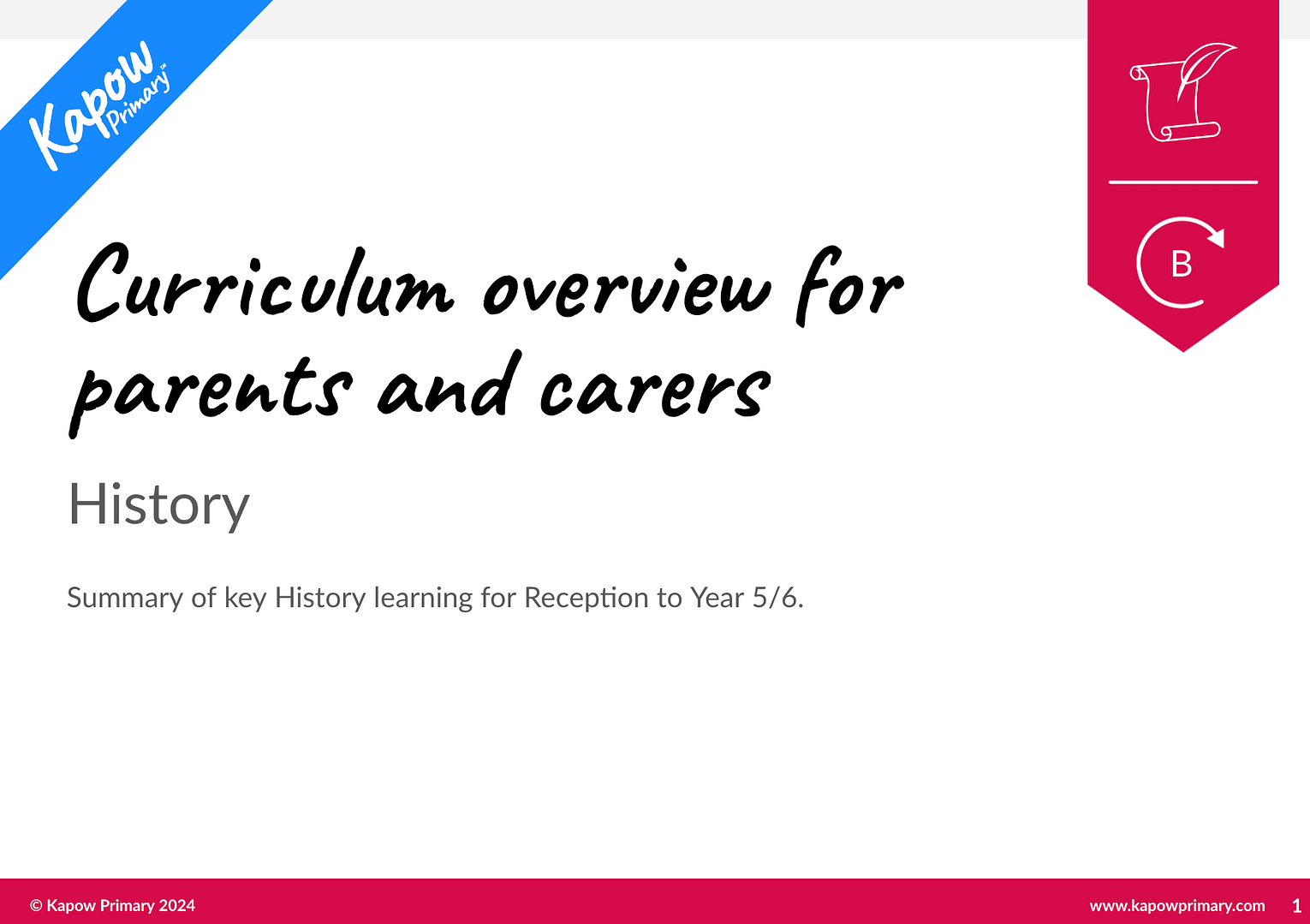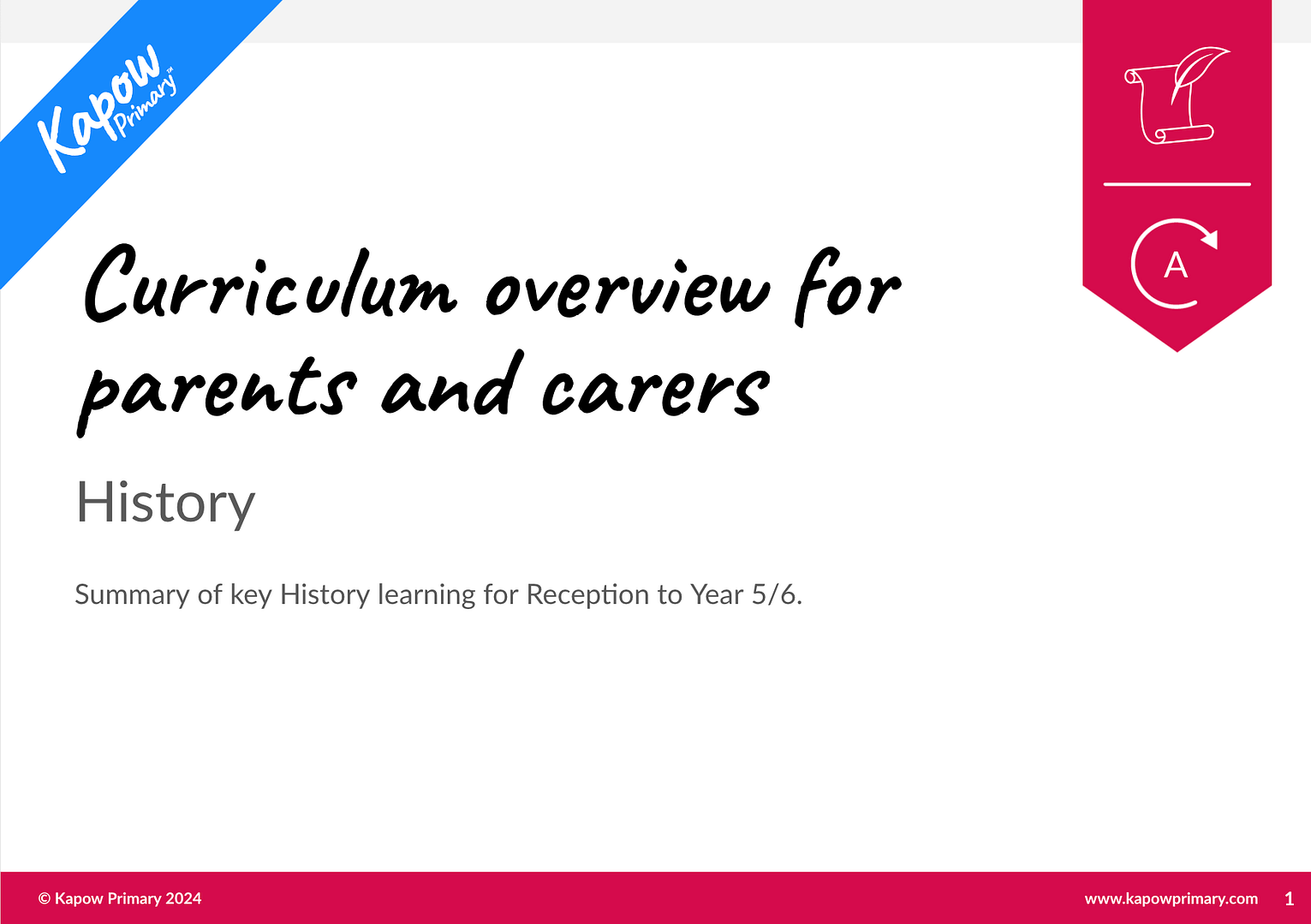A document to show the scientists and other significant people who are studied through the Science scheme of work.
year: Year 1
Knowledge organiser – R&W Y1/2 (A): How did the world begin?
A Knowledge organiser that captures the essential knowledge and skills learnt throughout the unit Religion and worldviews, Y1/2 (A), How did the world begin?
This Religion and Worldviews resource is designed to support the pupils as they explore different religious and cultural perspectives on the origins of the world. It introduces key vocabulary such as creation, belief, faith, myth, and tradition, helping the pupils understand how various worldviews explain the beginning of life. The pupils will also learn about creation stories from different religions and how these shape beliefs about the world and humanity.
Art and DT: Curriculum guide for parents and carers — mixed-age (Cycle B)
*Now updated to include our newly published Drawing units*
This version of our parent curriculum overview is for mixed-age schools that subscribe to both Art and DT and alternate between teaching Art and DT each half term, using our Art and DT Half-termly plan — mixed-age.
Art and DT: Curriculum guide for parents and carers — mixed-age (Cycle A)
*Now updated to include our newly-published Drawing units*
This version of our parent curriculum overview is for mixed-age schools that subscribe to both Art and DT and alternate between teaching Art and DT each half term, using our Art and DT Half-termly plan — mixed-age.
Art and DT: Curriculum guide for parents and carers
*Now updated to reflect the newly published Drawing units*
This version of our parent curriculum overview is for those schools that subscribe to both Art and DT and alternate between teaching Art and DT each half term, using our Half-termly Art and DT Long-term plan.
RSE & PSHE: Curriculum guide for parents and carers — mixed-age (Cycle B)
No changes to this document needed for 25/26.
A curriculum guide which can be published on your school website to show parents and carers the RSE & PSHE lesson plans.
RSE & PSHE: Curriculum guide for parents and carers — mixed-age (Cycle A)
No changes to this document needed for 25/26.
A curriculum guide which can be published on your school website to show parents and carers what will be covered in the RSE & PSHE lesson plans.
History: Curriculum guide for parents and carers — mixed-age (Cycle B)
A curriculum guide which can be shared on your school website to show parents and carers the History curriculum.

